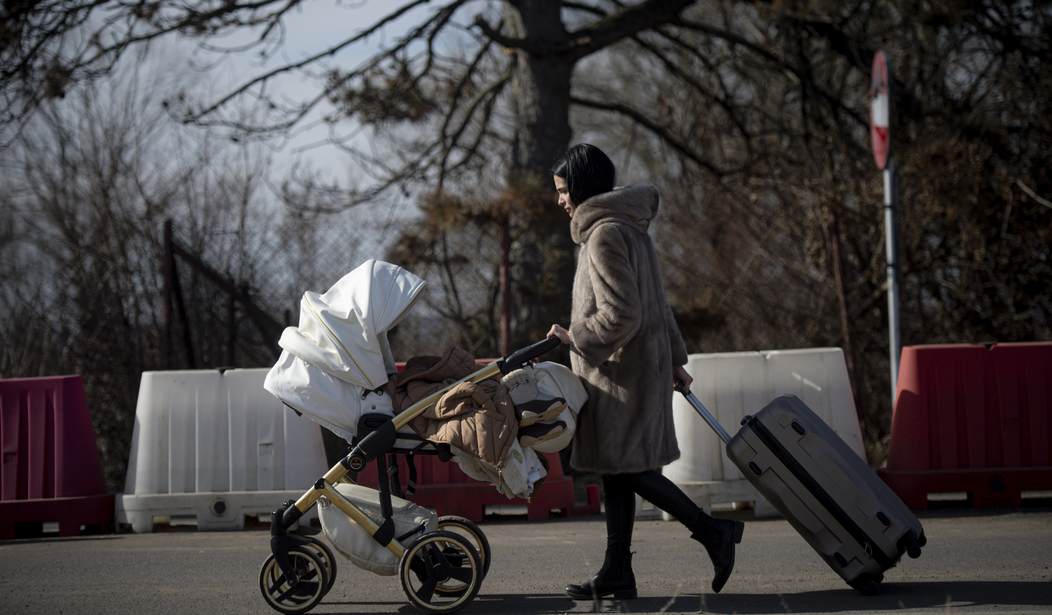New Jersey finds itself at a crossroads of civil liberties and legal reform as it enters into negotiations to settle a class-action lawsuit aimed at stopping a controversial practice: The retaining of newborn blood spots.
The state typically keeps baby blood spots drawn to screen for diseases, a practice that has rankled feathers among New Jersey residents. Now, the people are suing the state to end this program.
Newborns in New Jersey are screened for 61 diseases within the first two days of birth. It is a critical step in identifying conditions that could be life-threatening. However, the state can keep the blood for up to 23 years after it is collected without the knowledge or consent of the parents.
New Jersey is in talks to settle a class action lawsuit seeking to force the state to stop retaining baby blood drawn from newborns after it is used to screen them for diseases.
Attorney General Matt Platkin asked a U.S. District Court judge overseeing the case to indefinitely suspend a pending hearing so his office could continue settlement talks with the plaintiffs, with a check-up proposed in three months’ time.
“Over the past months, the parties have engaged in settlement discussions to try to resolve this dispute in good faith. Those discussions have been productive, and the parties plan to continue negotiating in the hopes of agreeing to a resolution that would ultimately obviate the need for further litigation,” Platkin said in the March 4 letter.
The longstanding screening program is meant to identify rare and potentially deadly conditions in newborns. Under state law, every child born in New Jersey must be screened for 61 disorders within 48 hours of their birth.
But the program drew controversy in 2022 after the state Office of the Public Defender said law enforcement used a subpoena to obtain blood from the program so they could link a child’s father to a 1996 sexual assault.
That DNA analysis was later used as probable cause to obtain a warrant for the father’s DNA, and a public records lawsuit filed by the Office of the Public Defender and the New Jersey Monitor revealed the newborn screening laboratory had received at least five subpoenas from law enforcement over roughly as many years.
Brian Morris, an attorney representing the plaintiffs, indicated he was optimistic about the negotiations. “New Jersey can revise its baby-blood program to become one of the nation’s best... we’re optimistic that the terms of what we present to the Court will make the Garden State the gold standard for other states to follow,” he said.
The lawsuit was filed in late 2023, when a group of parents decided to try ending the program through legal action. The Institute for Justice, a legal advocacy firm representing the plaintiffs, issued a press release describing the problem.
When babies are born in New Jersey, state law requires that blood be taken from the newborns and tested for diseases such as cystic fibrosis, hormonal deficiencies, and other immunity issues. All states perform similar tests.
But, after the testing is over, New Jersey’s Department of Health keeps the leftover blood for 23 years. The state does not ask parents for their consent to keep their babies’ blood, failing to even inform parents that it will hold on to the residual blood. The only way parents could learn about such retention is by proactively looking it up on one of the third-party websites listed on the bottom of the card they’re given after the blood draw. And, once the state has the blood, it can use it however it wishes, including selling it to third parties, giving it to police without a warrant, or even selling it to the Pentagon to create a registry—as previously happened in Texas.
Whether New Jersey will emerge as a “gold standard” for newborn screening practices remains to be seen. However, the outcome of the negotiations could have significant ramifications for this program. It could also affect how baby blood is retained in other states.













Join the conversation as a VIP Member